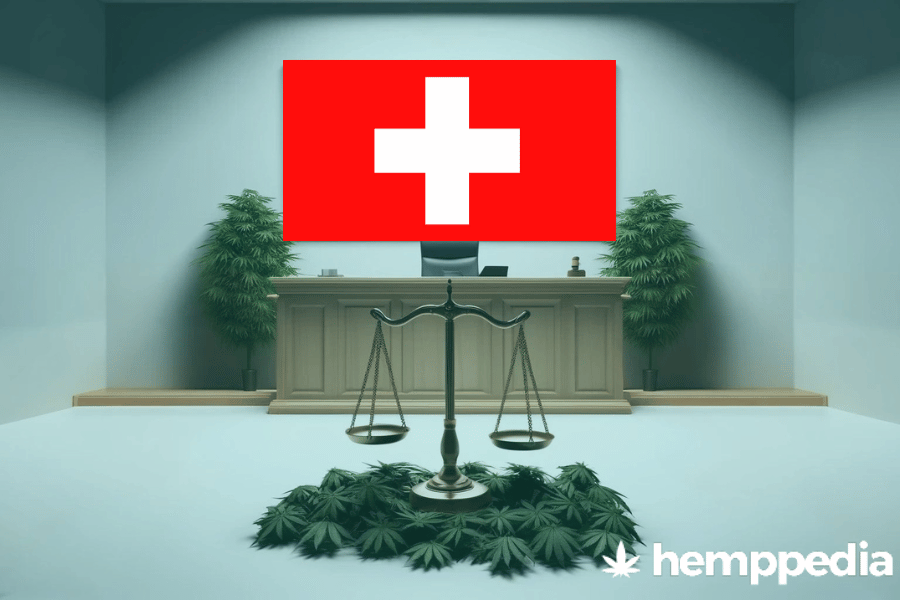TL;DR
The status of Cannabidiol (CBD) in Switzerland is legal and is not classified as a narcotic as it contains less than 1% THC. The focus here will be on the legal aspects of CBD use, possession limits, distinction from THC products, and global trend towards CBD regulation in Switzerland.
Now, let’s take a look at the key legal aspects one must know about CBD use in Switzerland:
- Usage: CBD use, including inhalation, oral ingestion, and topical application, is legal.
- Possession Limits: No strict regulations on the quantity of CBD one can possess.
- Significant Legal Distinctions: CBD is not a narcotic if it contains less than 1% THC content, and is therefore legal.
Overview of CBD Legislation
Definition of Key Terms:
- CBD: Abbreviation for cannabidiol, a non-intoxicating cannabinoid compound found in cannabis plants.
- Hemp versus Marijuana: Both are classifications of strains of the Cannabis plant. Hemp plants are defined as any cannabis plant that has 0.3% or less THC. Marijuana plants are any cannabis plants that have more than 0.3% THC.
- THC Content: THC or tetrahydrocannabinol is the psychoactive part of cannabis that induces the “high” sensation. In Switzerland, cannabis products with less than 1% THC are considered legal and non-intoxicating.
Regulatory Bodies: The Federal Health Office is the primary regulatory body overseeing the THC limits in CBD products.
Conditions and Restrictions: CBD products like oils, topicals, edibles, etc. with less than 1% THC content are allowed. Manufacturers have to ensure appropriate labeling indicating THC and CBD content.
Historical Context
The liberal approach towards CBD in Switzerland started in 2011 when the threshold for THC content in cannabis products was raised to 1%, highest limit among European countries. The less strict laws have led to a boom in the CBD market since then.
Possession, Use, Cultivation, and Sales
CBD products are legally sold in pharmacies, stores, and also online platforms. There are no age restrictions imposed and high-quality CBD is available for consumers across the country. Hemp cultivation is legal, however, the THC content shouldn’t exceed the imposed limit.
Enforcement and Penalties
Failure to adhere to the THC content limit can lead to penalties though charges are not as severe as in other countries, and in most cases, result in fines. Non-medical use of CBD is treated the same as its medical application, hence, no prescription is required.
Comparative Analysis
Situated in the heart of Europe, Switzerland takes a unique stance on CBD, by allowing a significantly higher THC level compared to other EU countries where the limit is 0.3%. This flexibility reflects the country’s progressive approach towards non-psychoactive cannabinoids.
Conclusion
Switzerland has taken a forward-thinking stance by differentiating between CBD and THC, allowing the use and sale of CBD products containing less than 1% THC. Looking ahead, with ongoing global research and progressive trends in the CBD legal landscape, Switzerland will likely continue its liberal approach towards CBD, fostering a booming marketplace for these products on a local and international scale.





